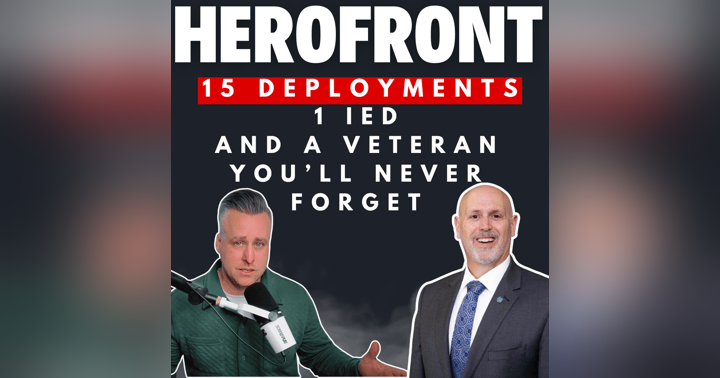The “Veteran’s Void of Uncertainty” Entering the transition abyss after serving in the military

The “Veteran’s Void of Uncertainty” Entering your personal abyss after serving in the military.
I’m introducing a term that encapsulates a critical and often overlooked period after military service: the “Veteran’s Void of Uncertainty.” This is a 3-6 month blackhole that many veterans fall into after separating or retiring from the military. And honestly, this is what TAP (Transition Assistance Program) courses should start with. For the first time, you won’t know what’s on the other side of your life—no next base, no mission, no house, no job, no boss, no paycheck. For the first time ever, you’re facing the unknown.
During TAP, I often heard phrases like “it’s hard” and “it’s stressful,” but they didn’t fully prepare me for what that actually meant. So, I want to give you specifics. I believe the real challenge lies in this 3-6 month window, and here’s why:
I’m navigating it well, thanks to the skills and friendships I’ve built over 20 years of service. But I can see how this period could completely overwhelm others. I can’t help but wonder if some of our homeless veterans fell off during this window of time and never managed to bounce back. This short timeframe, though brief, might be a significant factor in the veteran mental health crisis.
As I step into this void, here are the questions that weigh on my mind:
- What’s my VA claim going to pay?
- Where am I going to live?
- Where am I going to work?
- How much will I get paid?
You won’t have these answers in time to provide any real comfort. It’s like jumping out of a plane and halfway down realizing you’re not sure if you have a parachute.
How can I commit to a new house when I don’t even know what my income will be? It’s hard to even estimate. And here’s another kicker: you can’t get a VA loan. If you’re separating or retiring, they’ve already dropped you from the program—you just don’t know it yet. You’re only eligible again once you can prove you have a new, dependable annual salary.
The void also brings massive pay gaps:
- Government jobs, even with a waiver and being expedited, typically take 3-6 months to start.
- You won’t see your VA money for at least 3 months on average.
- Your retirement check might also be delayed for months.
This post might come across as negative and sarcastic, but that’s just my dark humor kicking in. The real purpose here is to emphasize the importance of starting your plan now, so you can learn from what I’m doing—both right and wrong.
Prepare for the “Veteran’s Void of Uncertainty,” and you’ll be better equipped to handle what’s on the other side.





